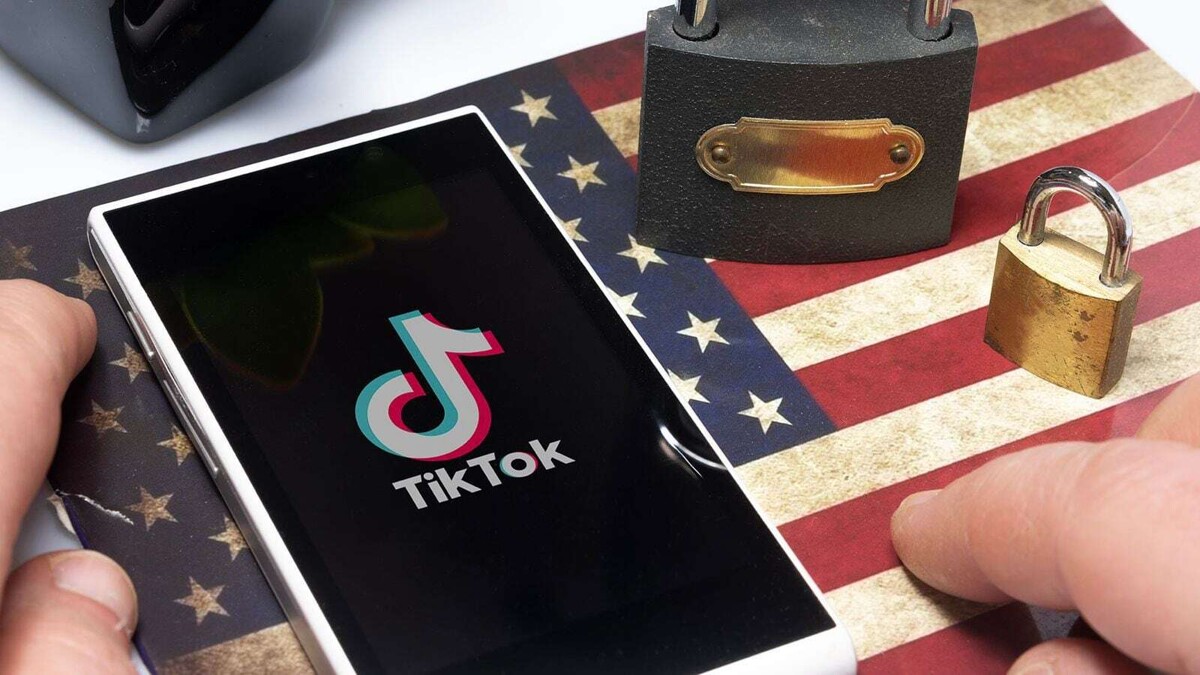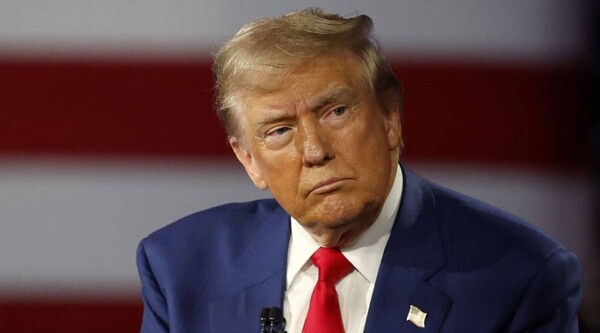
TikTok, the popular Chinese short video platform, is at the center of an intense debate about freedom of expression, national security, and data protection. Despite being a key tool for activism and the exercise of individual freedom, several governments consider it a risk to national security.
According to critics and organizations like the American Civil Liberties Union (ACLU), the prohibition of TikTok imposed in the United States, supported by the Supreme Court, raises questions about the protection of human rights. Despite legitimate concerns about privacy, many see the measure as a double standard, given that other companies face similar accusations without the same scrutiny.
In the past, a 90-day extension allowed TikTok's parent company, ByteDance, to negotiate the sale of its operations in the U.S., resulting in service continuity. However, ByteDance's failure to comply with U.S. regulations led to the recent restriction of the app in the country.
Despite the criticisms, TikTok has been a powerful tool for political expression and activism, particularly among youth from marginalized communities. With approximately 1.7 billion active monthly users, the platform has become a global cultural phenomenon, facilitating the dissemination of messages to a wide audience and generating income for its users.
Moreover, TikTok's ability to collect data has raised concerns about espionage and national security, leading to restrictions in several countries, such as the U.S. The platform has been used to create networks of solidarity in international conflicts and to offer alternative perspectives to traditional media.
In summary, TikTok's influence on freedom of expression and access to information is undeniable, but its future remains uncertain amidst growing concerns about privacy and security.














